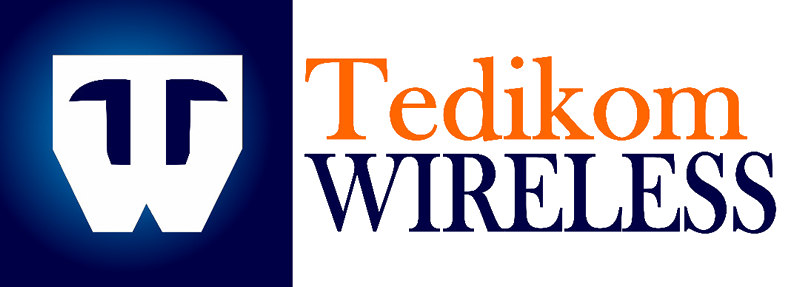Top Questions to Ask When Hiring a Software Team for Your Business
When you’re looking to build a new software product or upgrade an existing one, hiring the right team is crucial. The team you pick will impact the timeline, quality, and success of your project. Here are the top questions you should ask to ensure the software development team you choose fits your needs and business goals.
- What Experience Do You Have with Similar Projects?
It’s important to understand what kind of projects the team has worked on before. If they’ve handled projects similar to yours, they might be better equipped to deal with challenges you’ll face. Look for industry experience or familiarity with the technology you need.
Ask This Too: Can you show examples of your work or share client testimonials?
- What Development Process Do You Use?
Software development teams often work using specific methods like Agile, Scrum, or Waterfall. It’s good to know which method they use so you can understand how they work. For example, Agile teams make updates and changes in small steps, while Waterfall teams might follow a fixed plan.
Ask This Too: How often can I expect updates or meetings, and who will be my main point of contact?
- How Do You Ensure the Quality and Security of Your Code?
Strong security and high-quality code are essential. Ask how the team handles testing, code reviews, and bug fixes. Security is especially important if your project deals with sensitive data, like financial or health information.
Ask This Too: Do you follow specific security standards, like OWASP or ISO 27001?
- What Roles Are Included in Your Team?
A good software team usually has more than just developers. Find out if they have designers, project managers, and testers as well. Having a mix of skills ensures the final product works well and looks good.
Ask This Too: Can you introduce the team members who would work on our project?
- How Do You Handle Changes to Project Requirements?
Project needs can change, and it’s important to know how the team deals with this. Ask if they have a structured process for making changes so that costs and timelines don’t unexpectedly increase.
Ask This Too: Is there a system for managing changes during the project?
- What’s Your Communication Plan?
Clear communication makes a big difference in any project. Ask how often they’ll update you and what tools they use for communication, like emails, video calls, or project management platforms.
Ask This Too: How frequently will I receive updates, and which tools do you use to keep in touch?
- What Do You Charge and What Are Your Payment Terms?
It’s important to understand the team’s rates and how they bill for their work. Whether it’s hourly, per project, or through a retainer, make sure it fits your budget. Ask if there are any hidden costs, like for extra revisions or ongoing support.
Ask This Too: Can you break down your pricing, including any additional fees?
- Do You Offer Support After the Project Is Finished?
Once the software is launched, it may need updates or fixes. It’s good to know if the team offers post-launch support and how much it might cost. This shows they care about long-term success.
Ask This Too: How do you handle support and what will it cost me?
- How Do You Measure Project Success?
Different teams have different ways of measuring success. Some might focus on completing tasks quickly, while others may care about customer satisfaction or performance. Make sure their goals align with yours.
Ask This Too: Can you give examples of how you’ve measured success in the past?
- What Are Your Policies on Intellectual Property and Confidentiality?
Make sure you clearly understand how the team handles intellectual property (IP) and confidentiality. Clarify who will own the source code once the project is done and ask about their approach to sensitive information.
Ask This Too: Can you share a sample of your non-disclosure agreement (NDA)?
Finding the right software team goes beyond their technical skills. It’s about finding a group that understands your goals and wants to work with you to achieve them. Ask these questions to get a better sense of their approach, and take the time to evaluate their answers. This will boost your chances of a successful project and a strong partnership with your software team.









